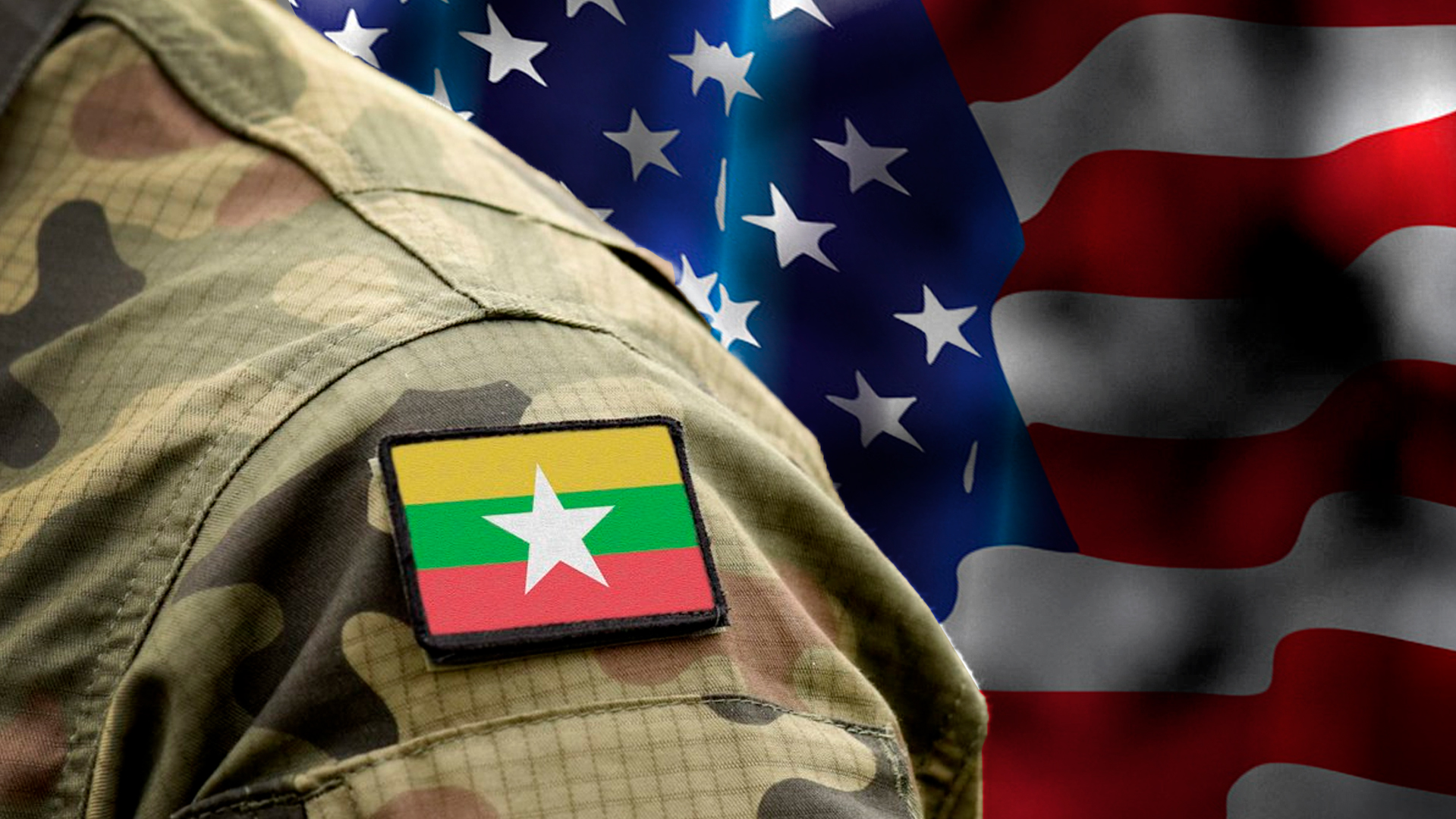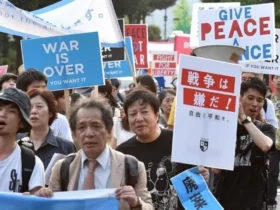Tensions are still high in Myanmar following the military taking power on February 1. Led by Commander-in-Chief Ming Aung Hlaing, the military has criticized the elections of November 2020 as fraudulent and arrested the leading members of the National league for Democracy. The detained include State Counselor Aung San Suu Kyi, and the military declared a state of emergency that might last up to one year.
Western countries have been quite fast in condemning what the labeled a coup d’état. The White House called the military to “relinquish the power” and threatened the “United States takes note of those who stand with the people of Burma in this difficult hour”.
US places sanctions
On February 11, US President signed an executive order placing sanctions on the Burmese military, on officials participating in the post-take-over-government or any entity that participated on the take over.
The Washington Post called in an editorial article the take over a “chance for Biden to restore U.S. leadership”.
Military Chief Ming Aung Hlaing in a televised speech criticized the electoral commission of misusing Covid-19 pandemic as an excuse to prevent fair campaigning in the elections. Hlaing declared that the country’s election commission must be reformed and measures to fight the coronavirus infection should become a priority. He went on to say that he has formed a government of suitable ministers.
The military leader called the population not to take to the streets due to the pandemic, but his call was rejected and huge crowds protested the take over in the capital and several cities.
Protests in the streets and Facebook blocks military
Parallel to the demonstrations, Facebook has announced that it will limit the access of the military to social media, freezing several accounts of military officials.
While the US, European countries and their Asian allies like Australia and Japan called the take over a “coup d’etat” and demanded the military’s retreat from power, Asian neighbors of Myanmar reacted more cautiously.
Bangladesh, India, Pakistan and China call for stability
Neighboring Bangladesh’s Foreign Ministry expressed in a statement “hope that the democratic process and constitutional arrangements will be upheld” and underlined that the repatriation of the Rohingyas that had fled to its country should continue.
India’s Foreign Ministry expressed “concern” after the take over, without any further demands to the Burmese military.
Pakistan has expressed hope that all sides “will exercise restraint, uphold the rule of law, engage constructively and work towards a peaceful outcome”.
The Chinese Foreign Ministry declared it “noted what has happened in Myanmar”, demanding that all sides can “handle differences through dialogue under the constitutional and legal framework, and safeguard political and social stability”.
Chinese Global Times: “West tries to restore hegemony”
The Chinese media went further. A Global Times editorial article first warned “the West should refrain from adding fuel to the flames in Myanmar” and a second article stated that “Hegemonic Washington tries to use Myanmar situation to restore global leadership”.
The US Think Tank Stratfor’s Asia-Pacific Analyst Evan Rees points to the geographical importance of Myanmar. Rees underlines that Myanmar is “the bridge from interior China to the Indian Ocean”, thus explaining China’s interest in the country and its neutral position reaching out to both sides, the military and the opposition.
The US on the other hand is, according to Rees, concerned about any Asian country where China can gain ground and therefore, cautiously, trying to exert influence, afraid of “losing Myanmar completely to China”.
Though, as Rees puts it, India is generally trying act together with the US to counterbalance Chinese influence in Asia, the modest reactions from Delhi to Karachi to Dhaka show that Washington is left pretty much alone in its quest for Asia for the time being.

















Leave a Reply